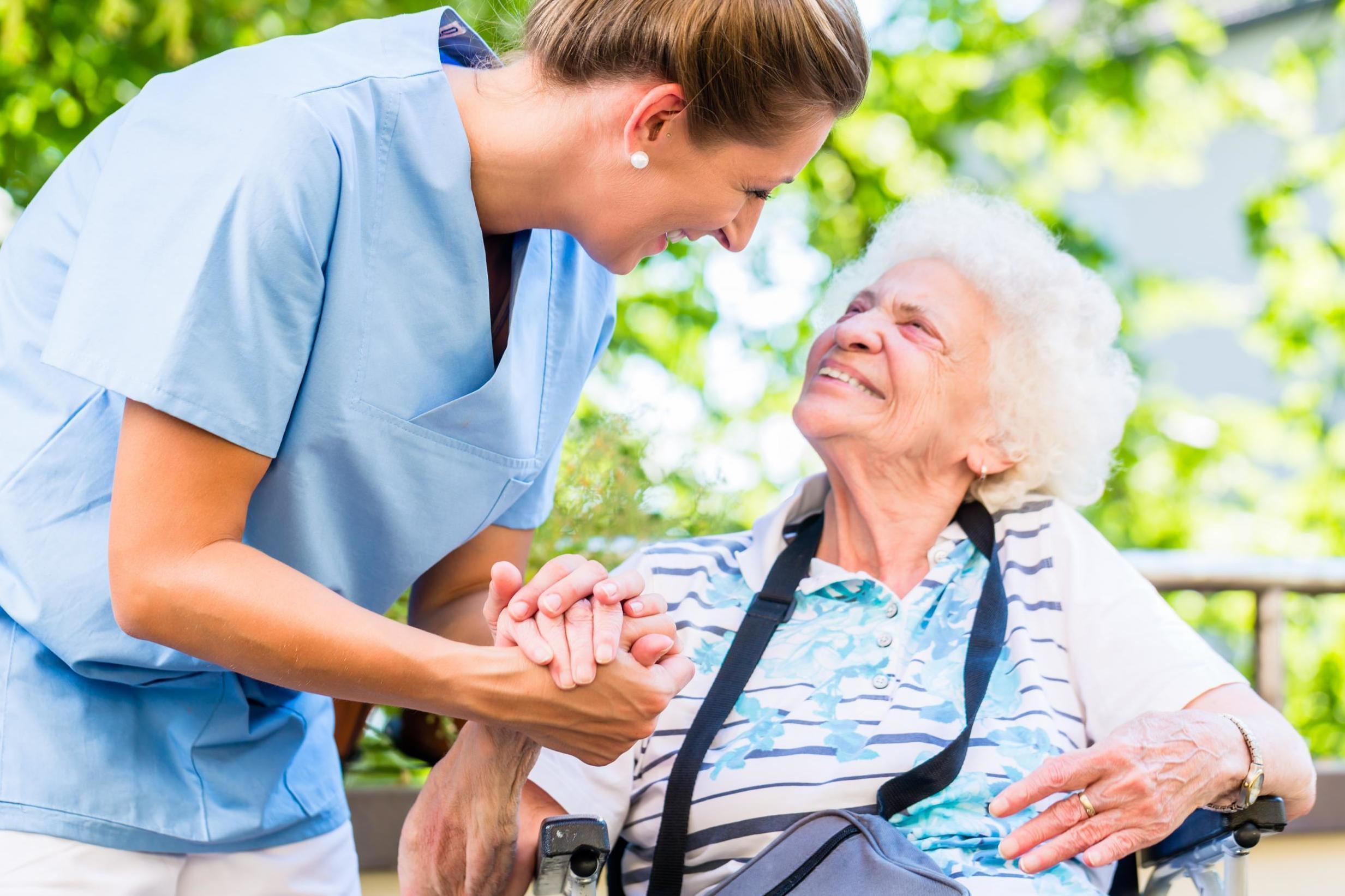Millennials feel most negatively about ageing, report finds
40 per cent of millennials believe dementia is an inevitable part of growing older

A new report has found that millennials view growing older in a disturbing light - which contributes to age discrimination and poorer health as they age.
The Royal Society for Public Health (RSPH), in partnership with the Calouste Gulbenkian Foundation, published their findings on ageism which revealed the widespread ageist attitudes among the public.
Ageism is prejudice or discrimination on the basis of a person's age. It can manifest in people from a young age and result in discriminatory behaviour towards older people.
The report found that many view old age as a period of decline and ordeal, with 30 per cent of the public believing that “being lonely is just something that happens when people get old,” and a quarter of millennials believing it is “normal” for older people to be unhappy and depressed.
The RSPH also found that two in five millennials, aged 18-34, believe dementia is an unavoidable part of ageing.
Overall, ageism was most prevalent in millennials - who have “by far the most negative attitudes to ageing of all the age groups,” according to the report.
These misconceptions about ageing are inherently false yet pervasive due to the prevalence of ageist beliefs - which often begin at a young age.
According to the report, ageism can take root among children as young as six-years-old, and can be reinforced over the course of life.
Those who believe these convictions often find themselves in self-fulfilling prophecies when they begin to age - which can have an extensive impact on health.
Research on ageism has found that those with negative attitudes about growing older live on average seven and a half years less than those who see it in a positive light.
“Other health impacts that result from having negative attitudes to ageing include increased memory loss, higher risk of depression and anxiety, reduced ability to recover from illness, disengagement with healthy behaviours such as diet and exercise, and poor body image,” according to the report.
Shirley Cramer CBE, chief executive of the RSPH, said: “Too often ageist behaviour and language is trivialised, overlooked, or even served up as the punchline to a joke – something we would rightly not tolerate with other forms of prejudice. Our report shows that ageist attitudes abound in society and have a major impact on the public's health, and yet they are rarely treated with the seriousness they deserve.
“With more people reaching older age than ever before, it is crucial to act now to promote positive integration across the generations. It is indeed encouraging that the majority of the public still believes that, fundamentally, the old and young have more in common than divides them. If we can begin to remove the stubborn barriers that reinforce societal ageism, we can expect many more to look forward to later life as a period of opportunity for growth and new experiences, rather than a set of mental and physical challenges.”
Ageing Japan: Robots' role in future of elderly care
Show all 15To combat ageism barriers in society, the RSPH has started multiple campaigns to change the public attitude towards older people.
One of these initiatives is a call to end the use of the term “anti-ageing” in the cosmetics and beauty industry, which the RSPH found to be partly responsible for the pressure men and women feel to look young.
Other ideas include addressing ageism in schools and initiating instances where those with wide age gaps can meet.
Subscribe to Independent Premium to bookmark this article
Want to bookmark your favourite articles and stories to read or reference later? Start your Independent Premium subscription today.

Join our commenting forum
Join thought-provoking conversations, follow other Independent readers and see their replies